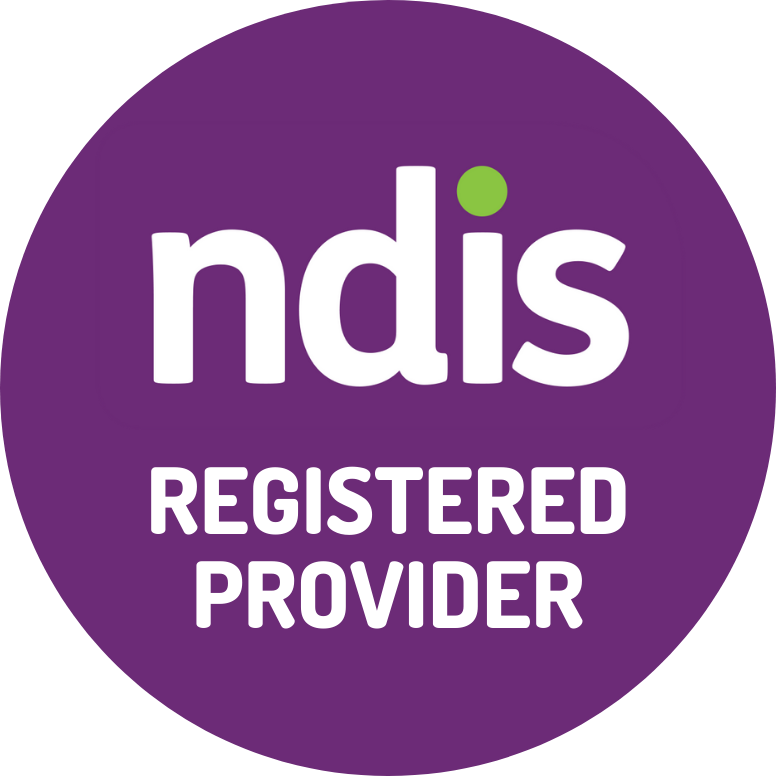Frequently Asked Questions About The NDIS – Quick Guide
Frequently asked questions about the NDIS – quick guide

What is the NDIS?
The National Disability Insurance Scheme or NDIS was designed to provide support for people with a disability to achieve their goals and live more independently.
Who is eligible for the NDIS?
Anyone who is under the age of sixty-five, an Australian citizen or permanent resident, and has a permanent or significant disability may be eligible for the NDIS.
How do I apply for the NDIS?
You can apply online or by visiting your nearest NDIS office, Partner in the Community offices: APM or Mission Australia
What kind of support does the NDIS provide?
The NDIS provides funding for a range of support services, including personal care, therapy, mobility aids, behaviour supports, finding and keeping a job, mentoring, allied health, and home modifications.
How is funding provided under the NDIS?
Funding is provided through a system of individualised funding, which is based on an assessment of the person's needs and goals. You will need to provide evidence of your disability and the impact of it in your everyday life. Mental Health nurses, your local doctor, psychologists can all assist in giving the NDIS a snapshot.

Can I choose my own service providers?
Yes, you can choose your own service providers. You are in control over whether they are registered or non-registered providers. Seek out the best providers and the best value for money.
How is the NDIS different from other disability support services?
The NDIS is different from other disability support services because it provides individualised funding, which allows people with a disability to choose the services and support they need to achieve their goals.
What if I disagree with a decision made by the NDIS?
If you disagree with a decision made by the NDIS, you can request a review of the decision.
How does the NDIS ensure quality support services?
The NDIS sets quality standards for registered service providers and monitors their compliance with these standards. If there are issues with a provider and they cannot be resolved, there are numerous ways to make a complaint and be heard.
How is my funding managed?
You can choose between NDIA managed, Plan Management and self-management. Each has its own pros and cons, discuss with your NDIS planner which option will suit your needs.
How can I find out more about the NDIS?
You can find out more about the NDIS by visiting the NDIS website, contacting the NDIS directly, or speaking to your local NDIS office or Partners in the Community at APM and Mission Australia.



ABN: 516 543 13961

Proud partner organisation of CST Academy Australia. Leading provider of disability sector training. -> Learn more.
☎ 08 6225 5028
Suite 3
63 Knutsford Avenue
Rivervale WA 6103
Postal Address
PO Box 654
Cloverdale WA 6985
info@supportsinsync.com.au
Get Social!
We recognise the objectives of the Convention on the Rights of Persons with Disabilities. We also acknowledge the traditional custodians of country throughout Australia, and their continuing connection to land, sea and community. We pay our respects to them and their cultures, and to elders past and present.
Supports In Sync is a registered provider under the provisions of the Motor Vehicle (Catastrophic Injuries) Act 2016 and can provide support to you through the Insurance Commission of Western Australia (ICWA) Catastrophic Injury Support Scheme.
All Rights Reserved | Supports in Sync Pty Ltd




